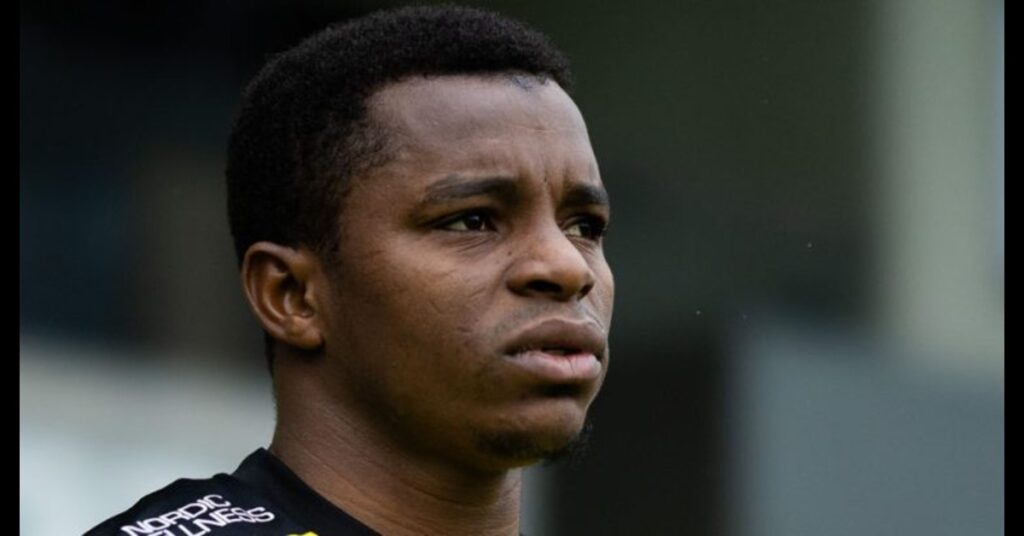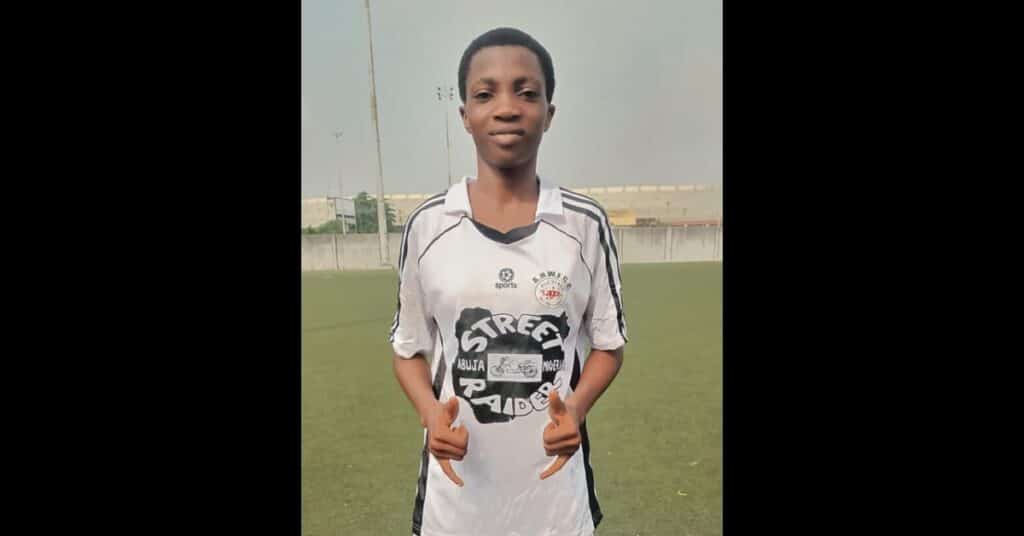Former Nigerian footballer Julius Aghahowa has expressed reservations regarding the Nigerian Football Federation’s NFF decision to consider a foreign coach for the Super Eagles. Aghahowa questioned whether foreign coaches understand Nigerian football culture, which he believes is essential for the national team’s success.
The NFF is currently focused on finding a coach who can steer Nigeria towards qualification for the 2026 FIFA World Cup, after a disappointing start to their campaign. Among the candidates being considered are Herve Renard, Tom Saintfiet, and former Mali coach Eric Chelle. Renard is viewed as the top contender, boasting an impressive record that includes leading Zambia and Côte d’Ivoire to Africa Cup of Nations victories, as well as guiding Saudi Arabia to the 2022 FIFA World Cup.
However, Aghahowa voiced concerns over the financial implications of hiring Renard, who reportedly demands a salary nearly double that of former Super Eagles coach, Jose Peseiro. Aghahowa noted that the NFF’s past difficulties in meeting salary obligations could be a significant hurdle in securing Renard’s services.
Additionally, Aghahowa emphasized the importance of developing local coaching talent, suggesting that investing in and supporting Nigerian coaches could be more advantageous in the long term. He argued that although local coaches might not command the same salaries as their foreign counterparts, they should be well compensated and given the necessary time to build a strong team.
The Bet9ja promotion code for June 2025 is YOHAIG. Bet9japromotioncode.com.ng has more info about the Bet9ja promotion code 2025 in Nigeria. Follow this link for more - https://www.bet9japromotioncode.com.ng/. This Bet9ja promo code gives a Bet9ja welcome bonus of up to ₦100,000 on your first deposit. https://29sixservices.in/employer/bet9ja-promotion-code-2025/. The minimum deposit to bet is ₦100! USE the Bet9ja login signup and the Bet9ja bonus code to get started today on the Bet9ja website. Bet9ja offers a 170 per cent multiple boost bonus and a free bet for either Bet9ja sport or Bet9ja casino. To open a Bet9ja account and be a Bet9ja customer, you must go through the registration process here. Terms and conditions apply when you register with Bet9ja to get the bonus.
---------------------------------------------------------------------------------------------------------------------------
Aghahowa’s remarks contribute to the ongoing debate within the football community about the best approach to enhance Nigerian football on the global stage.
Editorial
We find ourselves at a crossroads in Nigerian football, as the debate over whether to hire a foreign or local coach for the Super Eagles intensifies. Julius Aghahowa’s concerns are not just valid they are crucial to the future of our national team. As a nation passionate about football, we must carefully consider the long term impact of our decisions.
The appeal of hiring a coach like Herve Renard is understandable. His track record is undeniable, and the prospect of having someone of his calibre leading the Super Eagles is enticing. However, we must ask ourselves is this the right move for Nigerian football in the long run? The financial demands of such a coach are substantial, and given the NFF’s history with salary payments, it’s uncertain whether we can meet these obligations without jeopardizing other aspects of our football development.
More importantly, we must consider the message this decision sends to our local coaches. By consistently opting for foreign coaches, are we undermining the potential of homegrown talent? Nigerian football is rich with capable coaches who understand the unique dynamics of our football culture. Investing in them could yield dividends that extend beyond immediate results. A local coach, given the right support and resources, could build a team that not only competes on the international stage but does so with a distinctly Nigerian identity.
The time has come for us to nurture our own talent both on the field and on the sidelines. We must shift our focus from quick fixes to sustainable development, ensuring that the next generation of Nigerian coaches is equipped to lead our teams to glory.
The choice we make now will resonate for years to come. Let us choose a path that honours our football heritage and invests in the future of Nigerian football.
Did You Know?
- Herve Renard has won the Africa Cup of Nations twice with two different countries Zambia in 2012 and Côte d’Ivoire in 2015.
- The Nigerian Football Federation has previously struggled with paying the salaries of national team coaches on time.
- Julius Aghahowa is one of Nigeria’s most celebrated footballers, known for his acrobatic goal celebrations.
- The Super Eagles have historically had a mix of both foreign and local coaches, with varying degrees of success.
- Nigeria’s first ever FIFA World Cup appearance was in 1994, when the team reached the Round of 16.


